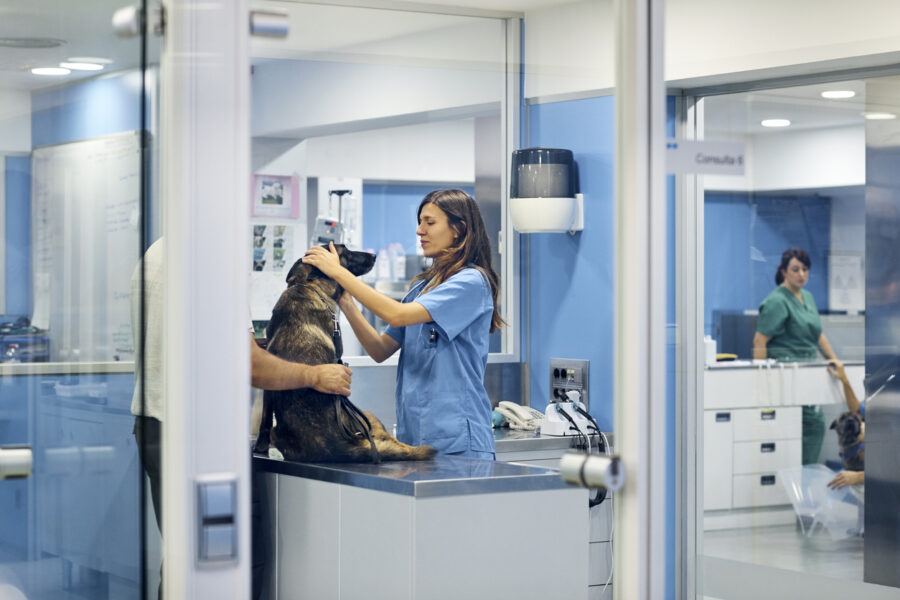

The High Court recently heard the case of West Suffolk Council v Secretary of State for Levelling Up, Housing and Communities & Ors [2025].
The decision by the High Court has provided important clarification on the application of Class E of the Town and Country Planning (Use Classes) Order 1987, as amended in 2020, to veterinary and research uses.
The case concerned the former Animal Health Trust (AHT) site in Kentford, Suffolk. The AHT had provided specialist veterinary services and engaged in research into animal health. Following the Trust’s closure, the landowner sought a lawful development certificate (LDC) confirming the site’s former use fell within Class E – specifically, medical or health services under paragraph (e), and research and development of products or processes under paragraph (g)(ii). West Suffolk Council opposed the application, arguing that the services were too restricted to qualify as uses provided “to visiting members of the public” and that the research was not sufficiently product focused.
The High Court upheld the Inspector’s decision to grant the certificate. On the question of veterinary services, the Court found that members of the public remained “visiting members” even where access was by referral or appointment. Drawing on case law such as Kalra v Secretary of State for the Environment (1996), the Court held that requiring a referral did not exclude the public nature of the service. The services were not limited to a private group, nor was any subscription or membership required. The decision makes clear that specialist veterinary clinics can fall within Class E(e).
In relation to research, the Court accepted that the AHT’s work – though academic in some respects – was ultimately aimed at developing treatments, diagnostics, and therapies. It confirmed that Class E(g)(ii) applies even where research does not directly yield a physical product, provided it contributes to the development of products or processes in practice. The Court also found that research papers themselves could qualify as “products”, supporting the inclusion of research outputs within the use class.
This decision is significant for planning authorities and developers.
It confirms that veterinary practices and scientific research facilities may lawfully operate within Class E, removing the need for fresh planning permission when changing to or from such uses within the same class. The ruling supports the broader aim of the 2020 reforms – to simplify and modernise the planning framework.
More broadly, the case reinforces a purposive interpretation of Class E, ensuring the planning system accommodates evolving healthcare and scientific uses without unnecessary regulatory barriers.










